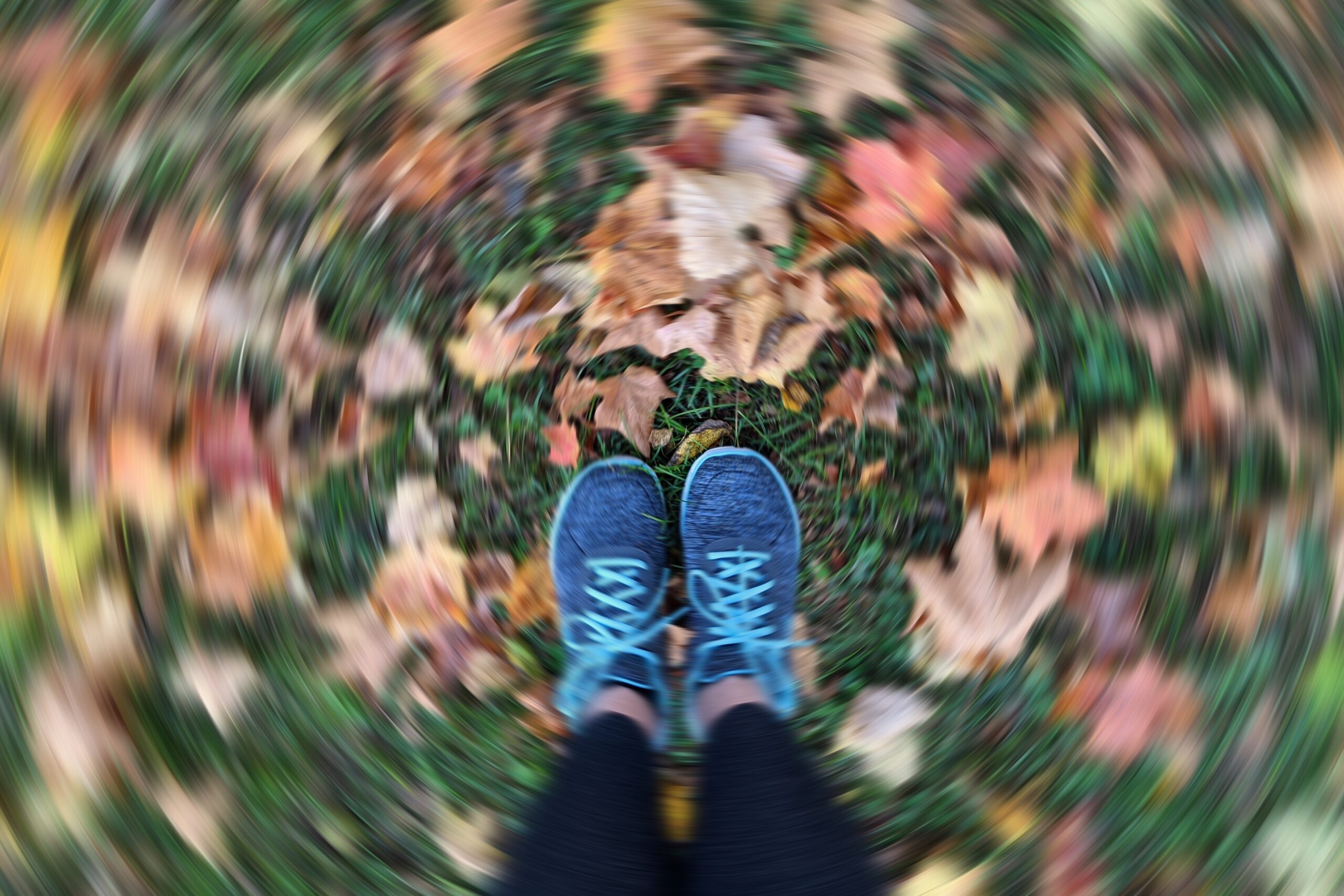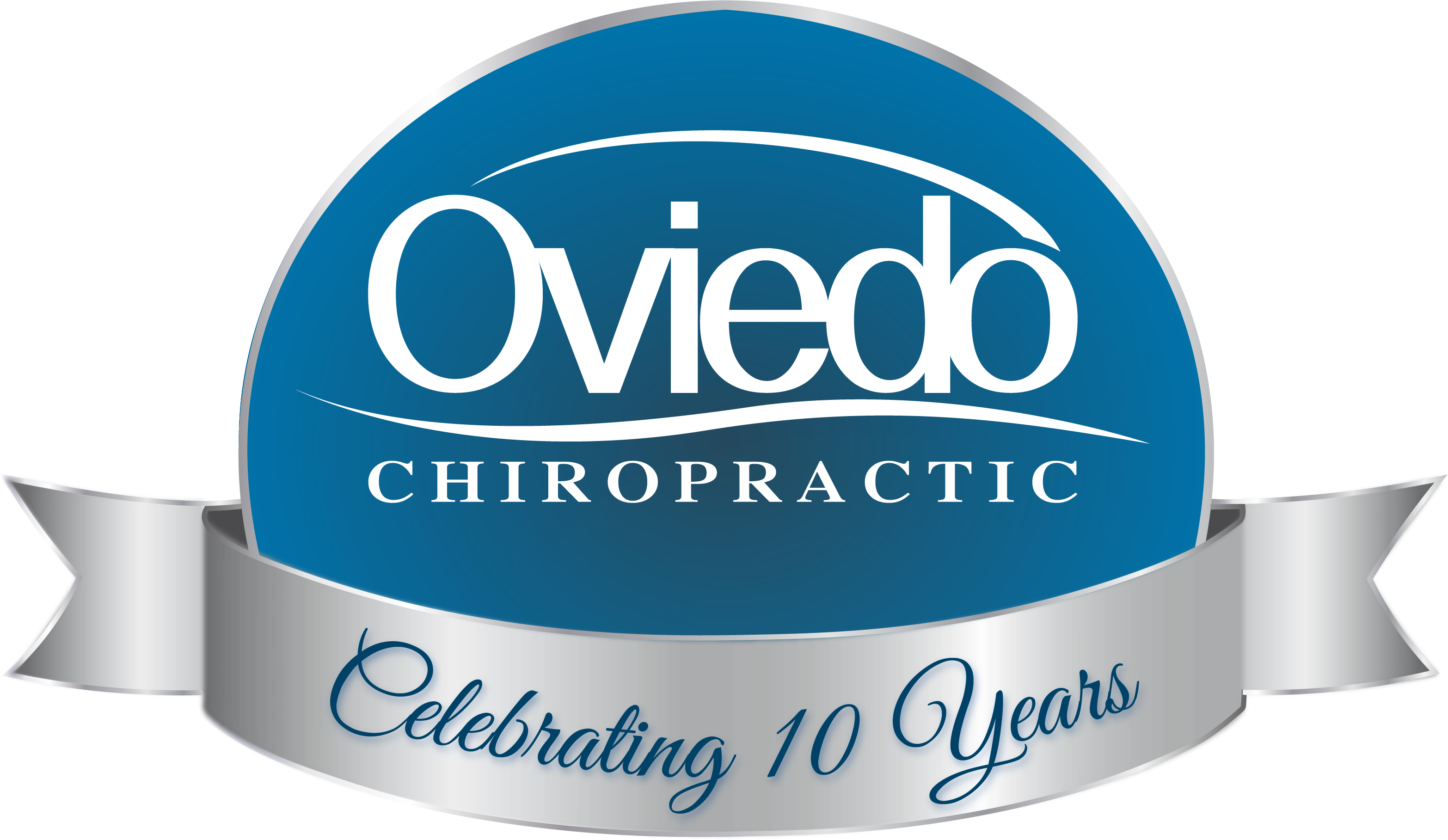
A lot of people confuse dizziness with vertigo and vice versa.
The truth is that they are quite different.
Today we’d like to focus on a very concentrated version of vertigo known as cervicogenic dizziness or cervicogenic vertigo, a type of vertigo that stems from the neck. Read on to learn more about this disease, how it’s diagnosed, and how to treat it.
We Offer Same-Day Appointments
What Is Cervicogenic Dizziness?
Cervicogenic dizziness is a condition of the cervical spine that causes both neck pain and dizziness.
The cervical spine (in other words, your neck) is made up of seven bones called vertebrae. These are responsible for supporting the head, turning the neck, and creating a cushion to protect the nerves that run through the spine.

What Are The Symptoms?
Although not everyone will have the same experience, you should speak with your doctor if you experience any of the following symptoms.
Upper Neck Pain
This can be experienced as pain or a general tightness in the upper neck where your skull meets your first vertebrae.
Headaches
The muscles in the head and neck region are all interconnected. If there’s an issue with your neck, and your neck supports your head, this pain will often present itself in the form of a headache.
Vertigo
Vertigo is the sensation of your body moving through space. It is different from being dizzy, which feels like the room is spinning.
Vertigo can be very dangerous because it causes you to be unsteady. If you happen to be driving, in a crowd, or in an otherwise unsafe situation, it’s best to take a break from what you’re doing and either call for help or wait for it to pass.
Nausea/Vomiting
Because vertigo causes an abnormal sensation, you can get sick to your stomach. It manifests as queasiness, vomiting, or gagging.
Posture Issues
We all try to sit straight, but when we’re in pain, we compensate by changing our posture. We may lean, slouch, or try to sit straighter. Unfortunately, anything we do to compensate is just a Band-aid for the underlying issue.
Weakness
When our nerves are compressed, we can experience weakness. The nerves in our neck/spine travel all over our bodies. What is caused by a pain in the neck could be a pain in your lower back or legs.

What Causes It?
Unfortunately, not a lot is known about this condition. It’s still being studied. There are, however, theories on what causes it.
Whiplash
Whiplash is the sudden forward and backward motion of your neck, resulting in an injury. Whiplash is typically seen after a car accident.
Herniated Disc
A herniated disc is when one of the discs that sit between the vertebrae in your spine “slips” through. This can compress nearby nerves resulting in pain.
Arthritis
Arthritis is the swelling (and subsequent pain) in our joints. It happens with age and can continue to get more painful as time goes on.
Bad Posture
Most of us don’t make a conscious effort to have good posture, and unfortunately, it can have consequences. Poor posture (or slouching) can compress the vertebrae in our spine and pinch those nerves.

How Is it Diagnosed?
Unfortunately, there isn’t a specific test to determine whether or not you are suffering from cervicogenic dizziness.
Only after testing for several other ailments can a doctor use the process of elimination to conclude that you have cervicogenic dizziness. Before settling on a diagnosis, they’ll want to eliminate brain tumors, multiple sclerosis, Ménière’s disease, and vestibular neuritis.
Testing could include an MRI, CT scan, X-ray, and blood work.
How Is It Treated?
Once you’ve received your official diagnosis, you’ll be pleased to find out it’s a very treatable condition.
Typical remedies involve over-the-counter (OTC) pain medications, chiropractic adjustments, and lifestyle changes.
While chiropractors do not typically recommend OTC medications to eliminate pain, you will be working with your primary care physician as well as us. We are always happy to work alongside your PCP for your best quality of care.
Surprisingly, one of the best ways to ward off the pain is exercise. Not only does exercising increase blood flow in your body, but strengthening all of your muscles can prevent injuries. Once you’ve strengthened your neck muscles, you may find less pain and, therefore, fewer symptoms.
Conclusion
Cervicogenic dizziness is a painful and debilitating condition. The good news is that you don’t have to live like that.
With proper care from a chiropractor and your PCP, you will be on your way to painless living in no time. If you’re experiencing vertigo, nausea, pain, or weakness, call your PCP and then call us. We can’t wait to see you at your appointment.

